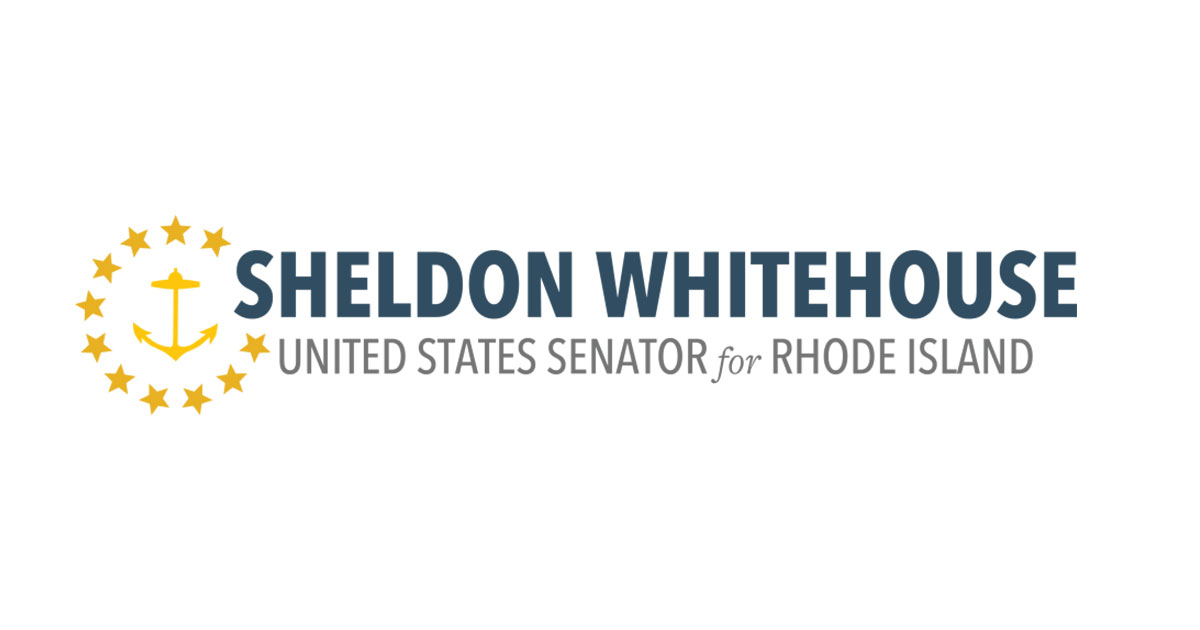Source: United States Senator for Rhode Island Sheldon Whitehouse
03.30.22
Whitehouse-created fund will deliver approximately $140 million in grants nationwide this year
Washington, D.C. – U.S. Senator Sheldon Whitehouse today invited Rhode Island organizations to submit grant applications to the National Fish and Wildlife Foundation’s (NFWF) National Coastal Resilience Fund. Whitehouse created the National Coastal Resilience Fund to restore and strengthen the natural infrastructure that protects coastal communities, while safeguarding wildlife habitats.
“Thanks to our infrastructure bill, this round of funding for the National Coastal Resilience Fund I created will be larger than all the previous rounds combined,” said Whitehouse. “I’m working hard to prepare Rhode Island homes and businesses for climate change. The sooner these grants get into our coastal communities, the better off we’ll be in the face of rising seas and more powerful storms.”
This year, with additional funding provided through the Infrastructure Investment and Jobs Act, NFWF expects to invest approximately $140 million in grants to support nature-based solutions that will increase protection for communities from coastal storms, sea- and lake-level changes, inundation, and coastal erosion, while also improving coastal ecosystems.
This funding comes as coastal communities and ecosystems continue to face threats from rising sea levels, more intense storms, and changing rainfall patterns. A 2022 study published by NOAA and other federal agencies estimates that over the next 30 years sea levels will rise an average of 10-12 inches and, by 2050, damaging flooding in many coastal communities is expected to occur ten times more frequently than it does today.
Coastal communities are already experiencing increasing flooding and erosion, affecting people, property, and infrastructure. Last year, the U.S. experienced 20 extreme weather and climate-related disaster events causing a total of $145 billion in disaster costs, the third-highest year on record. At the same time, the U.S. is losing valuable coastal ecosystems that help buffer communities and provide habitats for fish and wildlife.
From 2018 to 2021, the National Coastal Resilience Fund awarded more than $136 million to 173 projects across the nation. Past local recipients of the grant fund include the University of Rhode Island and Friends of Green Hill Pond, Rhode Island Department of Environmental Management, and the Rhode Island Coastal Resources Management Council and its partners. In Rhode Island, funding has been used to identify sites vulnerable to sea level rise that would benefit from shoreline adaptation, design projects to prevent flooding, and restore dunes and habitats that act as natural buffers for coastal areas.
The full Request for Proposals can be found here. Initial proposals are due April 21, 2022.
